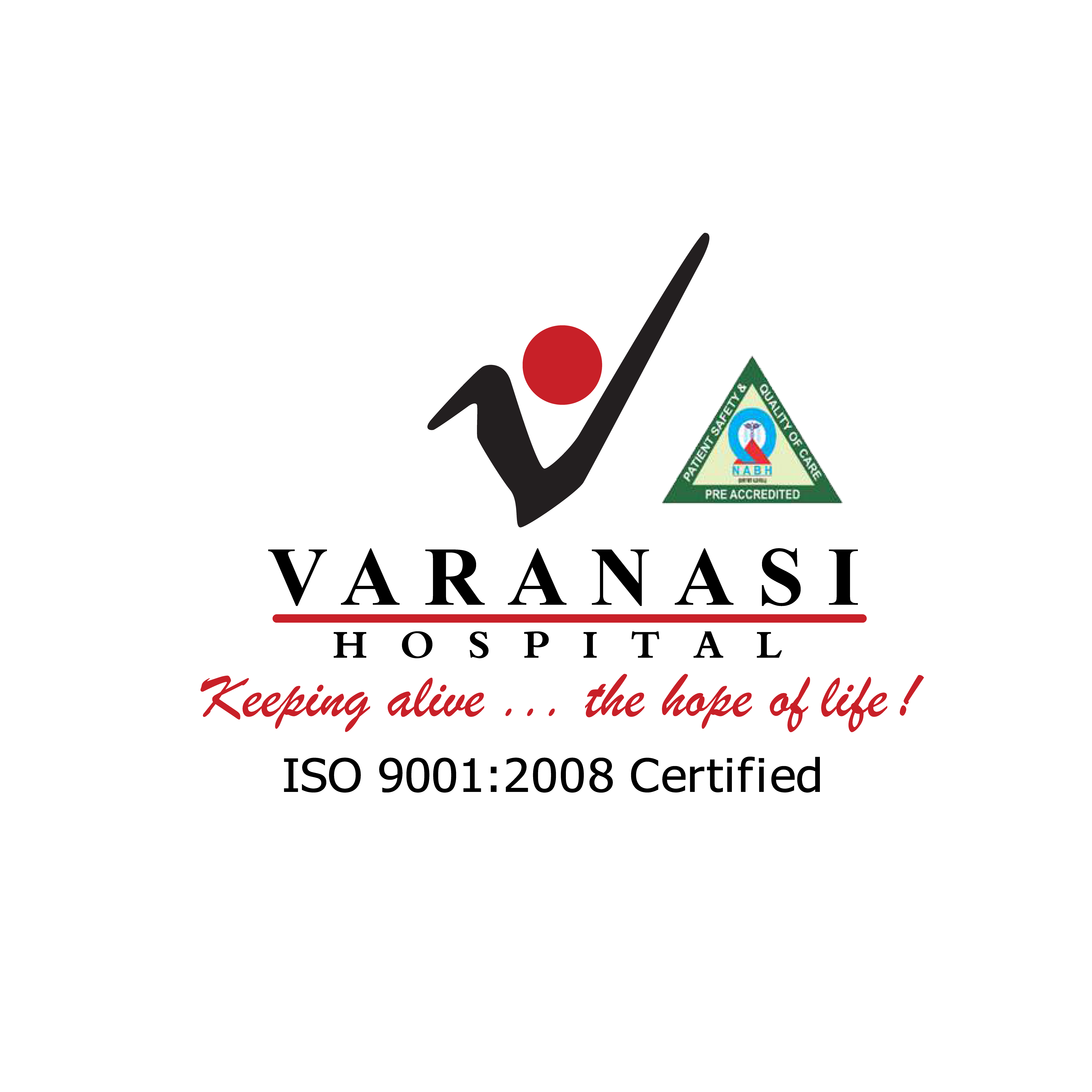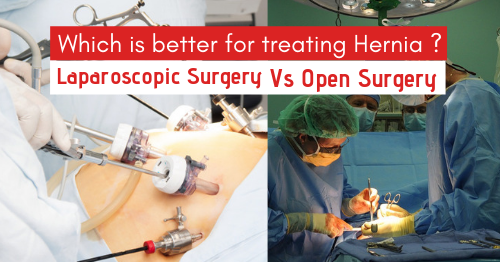Hernia –A Brief Introduction To Its Causes, Symptoms And Treatment
Hernia is a medical condition which is a common problem these days, and can be characterized by a visible bulge in the abdomen or groin. A weakness, tear or hole in the peritoneum, the muscular wall that keeps the abdominal organs in place, is the reason for the occurrence of hernia. This defect in the peritoneum allows organs and tissues to push through, and thus produces a bulge, leading to the condition known as hernia. It is often and pain-free, but at times it can bring discomfort and pain, if left untreated for long. The lump may disappear as it is pushed back into the cavity, when the person lies down, but coughing or straining activities can make it reappear. Hernia surgery is the permanent solution to this problem. Let’s understand more about it, in details.
Causes Of Hernia
A hernia can be commonly found in the areas of the natural openings in the groin, or near the belly button, but it can also occur through a previous surgical scar. It occurs more commonly in women than men, due to pregnancy and childbirth. The risk of hernia also increases with age, as the abdominal muscle starts to become weak. Children can develop hernia, rarely, unless it is congenital meaning, it is present at birth. However, vigorous activities and certain medical problems can also increase pressure on the abdominal wall and can lead to a hernia. Some other common risk factors for hernia include
• Straining on the toilet due to long-term constipation.
• Persistent cough or sneezing which exerts pressure on the abdomen.
• Cystic fibrosis that damages the lining of the lungs and digestive system
• Poor nutrition which can weaken the abdominal muscles
• Long term smoking that affect the immune system of the body.
• Physical exertion that build abdominal pressure.
Symptoms Of Hernia
Discomfort and pain are the main symptoms of hernia. These symptoms often becomes worse, while standing, straining, or lifting heavy items. In case of babies, visible pain and more prominent bulge while crying are the only symptoms associated with the same. In many cases, the hernia is no more than a painless swelling that doesn’t create any problem at all and posses no immediate medical threats. Thus, people does not seek hernia surgery immediately. But it is crucial to seek surgical remedy as it is the only reliable treatment option.
But people with severe swelling and soreness should see a doctor soon. Immediate hernia surgery is needed in cases when part of the gut becomes obstructed or strangulated by an inguinal hernia leading severe symptoms such as pain, nausea, vomiting.
Treatment Of Hernia
There are two main types of hernia surgery:
1. Open Surgery:
The hernia is repaired by making a large incision across the abdomen or the pelvic region. It is then, closed using sutures, mesh, or both, and the surgical wound in the skin is closed with sutures, staples, or surgical glue.
2. Laparoscopic Surgery (keyhole surgery):
The hernia is repaired in the same way as in open surgery but is done through 4-5 minute incisions near in the abdomen. Laparoscopic surgery enables faster recovery along with many other advantages over open surgery.
Read More : Advantage Of Laparoscopic Hernia Repair Surgery Over Open Surgery
Varanasi Hospitals offers both open and laparoscopic hernia surgery. Seek consultation, if you are having symptoms of the same.






